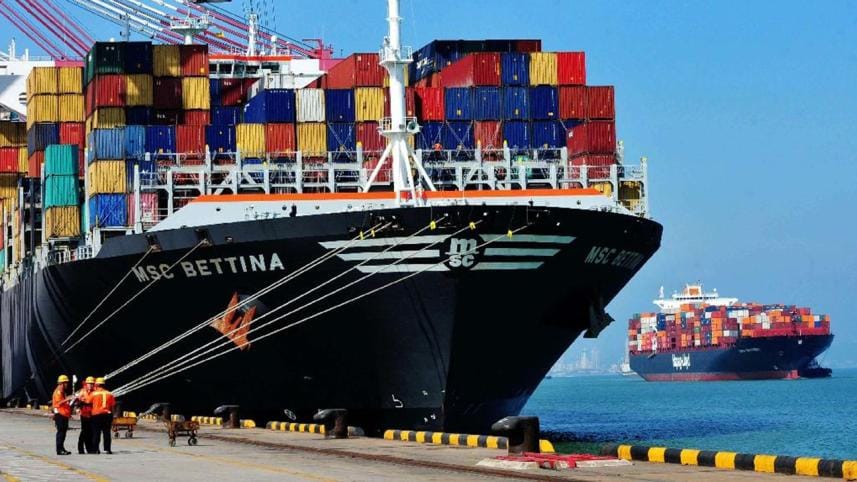Pacific nations sign TPP trade deal

The Trans Pacific Partnership, one of the biggest multinational trade deals ever, has been signed by ministers from its 12 member nations in New Zealand.
The ceremony in Auckland brings the huge trade pact, which has been five years in the making, another step towards to becoming a reality.
But the TPP continues to face opposition.
The 12 nations account for some 40% of the world's economy - they now have two years to ratify or reject the pact.
Australia's minister for trade Andrew Robb was the first to sign the pact. Those attending the ceremony cheered as his counterpart, New Zealand trade minister Todd McClay, added the last signature.
The TPP involves the US, Japan, Malaysia, Vietnam, Singapore, Brunei, Australia, New Zealand, Canada, Mexico, Chile and Peru.
Those against the deal, particularly some Americans, fear it could mean jobs will move from the US to developing countries.
'Write the rules of 21st Century'
However, US President Barack Obama said the agreement was a new type of trade deal "that puts American workers first".
"Partnership would give the United States an advantage over other leading economies, namely China," he said in a statement on Wednesday.
"TPP allows America - and not countries like China - to write the rules of the road in the 21st Century, which is especially important in a region as dynamic as the Asia-Pacific," he said.
"We should get TPP done this year and give more American workers the shot at success they deserve and help more American businesses compete and win around the world."
In Auckland and in the US, among other countries, protestors have voiced their anger about the trade pact over the past several months.
In the lead up to Thursday's signing, the streets around Auckland's central business district were disrupted by groups blocking access to the Auckland Harbour Bridge.
Police clashed with some protestors, who have widely claimed the deal will benefit big business rather than workers.
Behind the deal
The trade deal looks to facilitate investment between 12 countries across the Pacific Rim, which together account for about 40% of the global economy.

It was agreed in October last year after years of negotiations and multiple missed deadlines.
The US-led initiative is a key part of Obama's so-called pivot to Asia but has proved to be a controversial issue ahead of the US elections in November.
Obama has barely a year left on his term and his administration warns that the US economy will suffer if politicians don't ratify the agreement.
US Trade Representative Michael Froman said the deal could add $100bn (£68.5bn) a year to US growth.
"After five years of negotiation, signing the TPP is an important milestone in our efforts to set high-standard rules of the road in the Asia Pacific region and more generally, and to deliver an agreement that will benefit American workers, farmers and businesses," he said.



 For all latest news, follow The Daily Star's Google News channel.
For all latest news, follow The Daily Star's Google News channel.
Comments